
Shepherd Outsourcing opened its doors in 2021, and has been providing great services to the ARM industry ever since.
About
Address
©2024 by Shepherd Outsourcing.
Have you ever shared your Social Security Number without thinking twice, maybe at a doctor’s office or while signing up for a loan? You’re not alone. Most people use their SSN regularly without realizing how easily it can fall into the wrong hands.
In 2024, the FTC recorded over 1.1 million identity theft cases in the US, and Social Security Numbers were among the most misused personal identifiers. Around 70% involved new credit card accounts opened by thieves using stolen information. With rising data breaches and online scams, even a single exposure can lead to financial headaches and hours of paperwork.
Your SSN is the key to your taxes, credit, job history, and even healthcare. When it’s misused, your time, money, and peace of mind are all at stake. That’s why learning how to protect your SSN is more important than ever.
This blog will show you practical steps to keep your number safe, monitor for misuse, and respond quickly if anything seems off.
Before you can protect it effectively, you need to understand why your SSN is a target in the first place.
Your Social Security Number (SSN) is more than just a set of digits; it’s a master key that unlocks access to your credit, tax filings, employment history, and even benefits. The IRS refers to SSNs as “personally identifiable information” (PII), and losing them can lead to tax-related identity theft, when someone files a false return using your SSN to claim a refund.
It’s not just individual crooks you need to worry about. Sophisticated schemes, like fake payroll email attacks, have targeted entire companies to steal employee W-2s and SSNs for mass exploitation. Meanwhile, the IRS continues masking SSNs on notices and exploring ways to reduce its use altogether, signaling how serious the threat has become.
What happens when SSNs fall into the wrong hands? The IRS may reject your electronically filed return because fraudsters have already used your SSN to file, after which you'll need to fill out Form 14039 and file by paper, often triggering months-long delays.
Understanding why SSNs are targeted, because they’re essential keys, makes it easier to appreciate why small security steps can have a big impact. Let’s explore those proactive habits next.
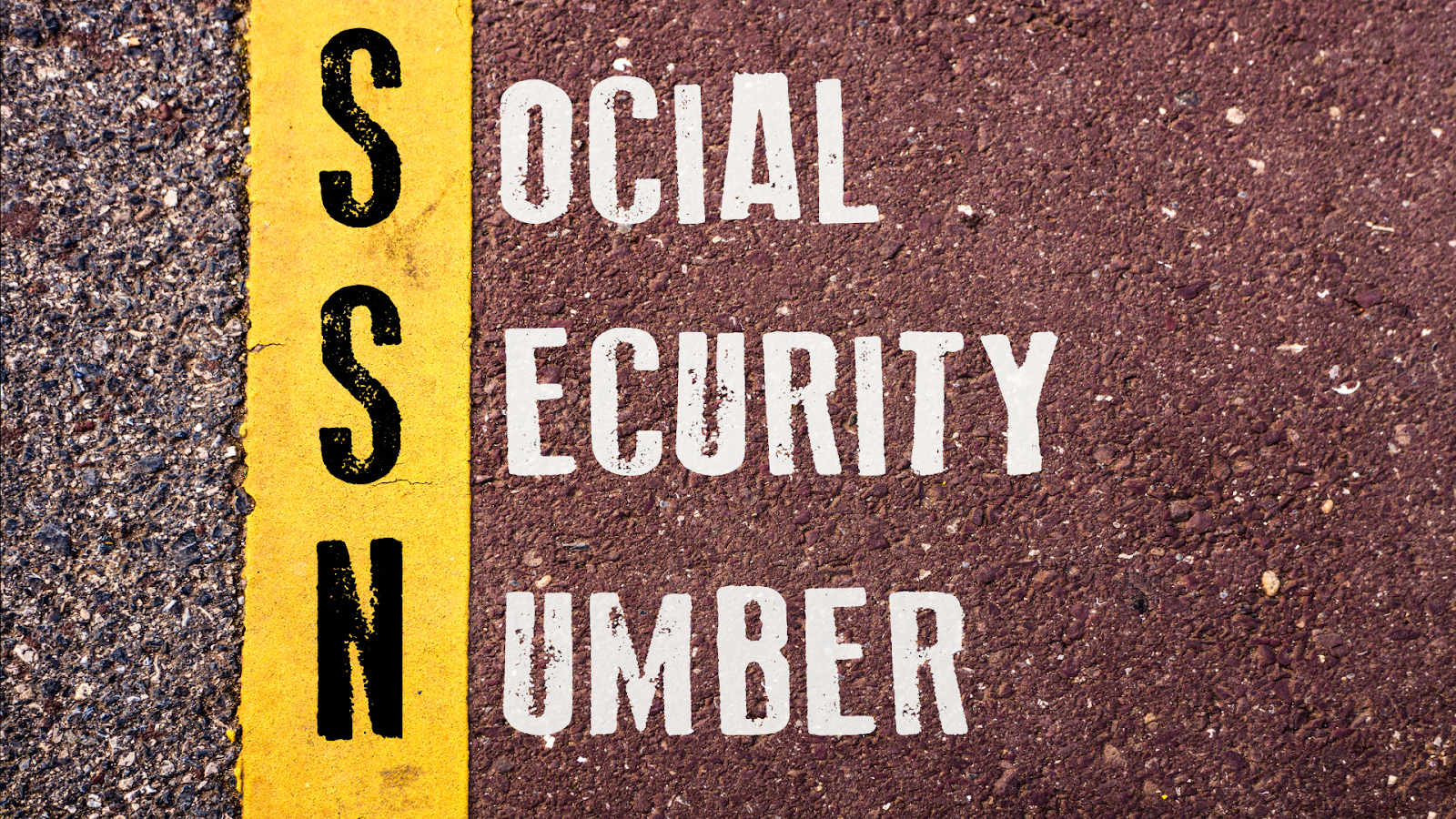
These everyday habits, backed by U.S. government recommendations, help reduce the chances of SSN theft:
Your Social Security card should stay in a locked, safe place at home, not in your wallet or purse. The Social Security Administration (SSA) advises against carrying it routinely because it dramatically increases the risk if your wallet is lost or stolen.
Only share your SSN when necessary. Before giving it out, whether for a job, loan, or enrollment, ask why it’s needed, how it will be kept safe, and whether just the last four digits would work. Several government sources highlight this as a simple but powerful step.
Bills, pay stubs, tax forms, they all need shredding if they include your SSN. Both the SSA and IRS recommend shredding these items before throwing them away to prevent someone from salvaging sensitive information.
Use unique, complex passwords and turn on multi-factor authentication (MFA) wherever available. Also, keep your antivirus software updated; this is a top recommendation from both SSA and IRS to prevent hackers from accessing your personal information.
IRS and SSA warn that scammers often pretend to be official agencies. Never share your SSN or other personal details in response to unsolicited emails, calls, or texts. Instead, hang up or delete the message, and verify via official government channels.
By making these habits part of your routine, you’ll significantly reduce the chance of your SSN being exposed. From here, let’s turn to how you can monitor for misuse and catch problems early.
Also Read: Personal Loan Mistakes and Solutions
Once you've put smart habits in place, keeping an eye on how your SSN is used helps you catch problems before they grow. Here’s how to stay vigilant based on U.S. government advice:
You’re entitled to one free credit report per year from each of the three major bureaus, Equifax, Experian, and TransUnion, via AnnualCreditReport.com, thanks to the Fair and Accurate Credit Transactions Act (FACTA). You can even request a free report weekly from all three bureaus . Look for any unfamiliar accounts, late payments, or credit checks you didn’t request.
These services, offered by credit bureaus or third parties, alert you when someone applies for credit, opens a new account in your name, or makes changes to your credit file. They won’t warn you if someone uses your SSN to file taxes, but they can still offer valuable peace of mind. If you choose one, check which bureaus they monitor and how often they notify you.
A fraud alert makes lenders verify your identity before approving new credit, which is great if you suspect misuse. A credit freeze goes further, blocking access to your full credit report until you lift it. Federal law ensures these are free and quick to place or remove.
If someone files taxes using your SSN, the IRS may send a CP01C or CP01E notice indicating potential misuse. In that case, you can get an Identity Protection PIN (IP PIN), a special six-digit code required to file your tax return securely each year .
If you do find something suspicious, like an unknown account, dropped tax return, or IRS alert, visit IdentityTheft.gov. The FTC’s recovery site gives step-by-step help, including personalized checklists and sample letters.
Also Read: How to Protect Yourself from Identity Theft?
By staying vigilant through regular checks, alerts, and official tools, you’ll catch misuse quickly, often before it becomes a big headache. That awareness makes it much easier to respond swiftly if you ever need to.
Even with smart habits and monitoring, there’s still a small chance your SSN could be exposed. Here's how to take control quickly and confidently:
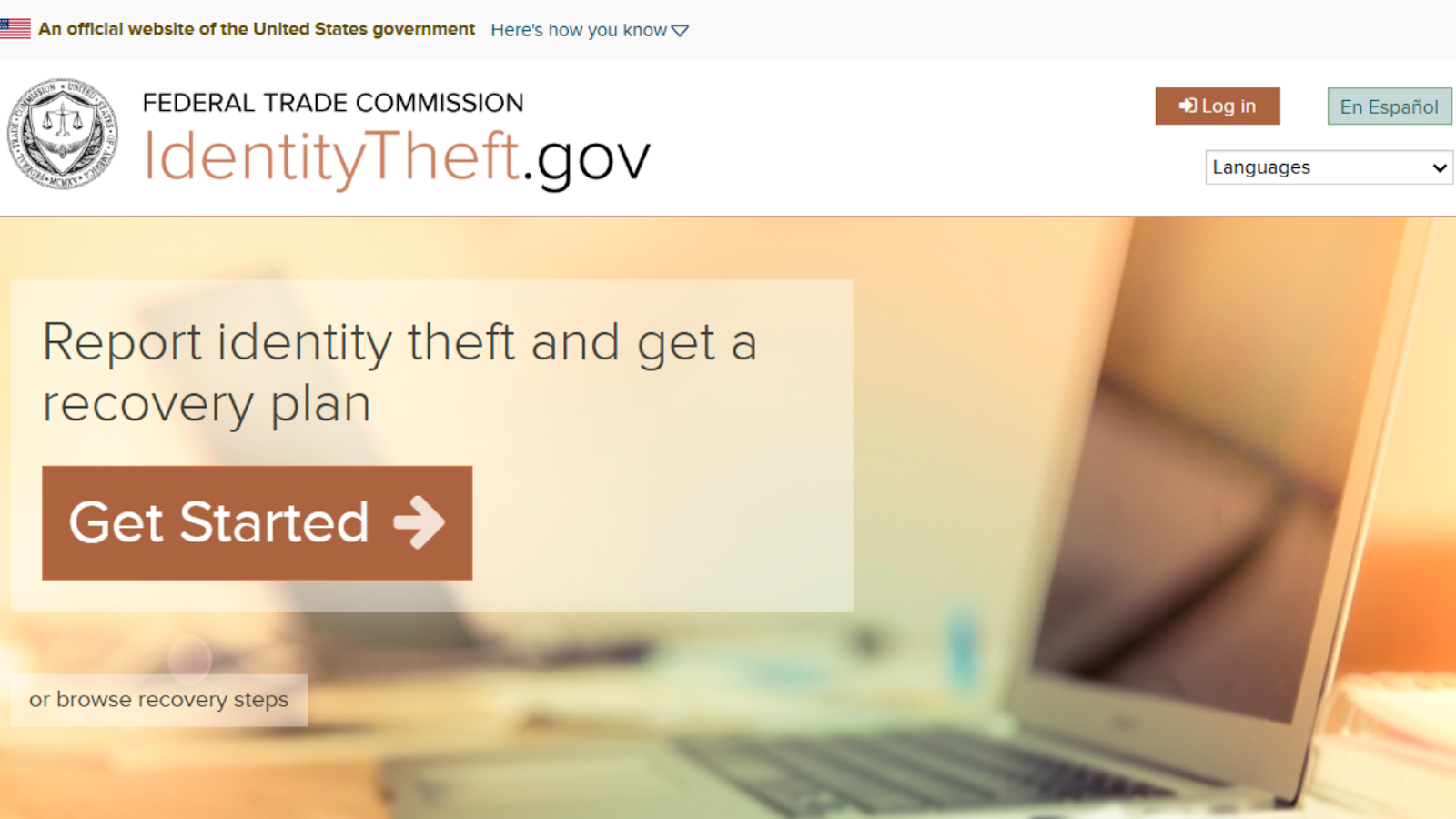
Visit IdentityTheft.gov, the official FTC recovery portal. Create a personalized recovery plan, report the theft to credit bureaus and the IRS, and get sample letters, all from one place.
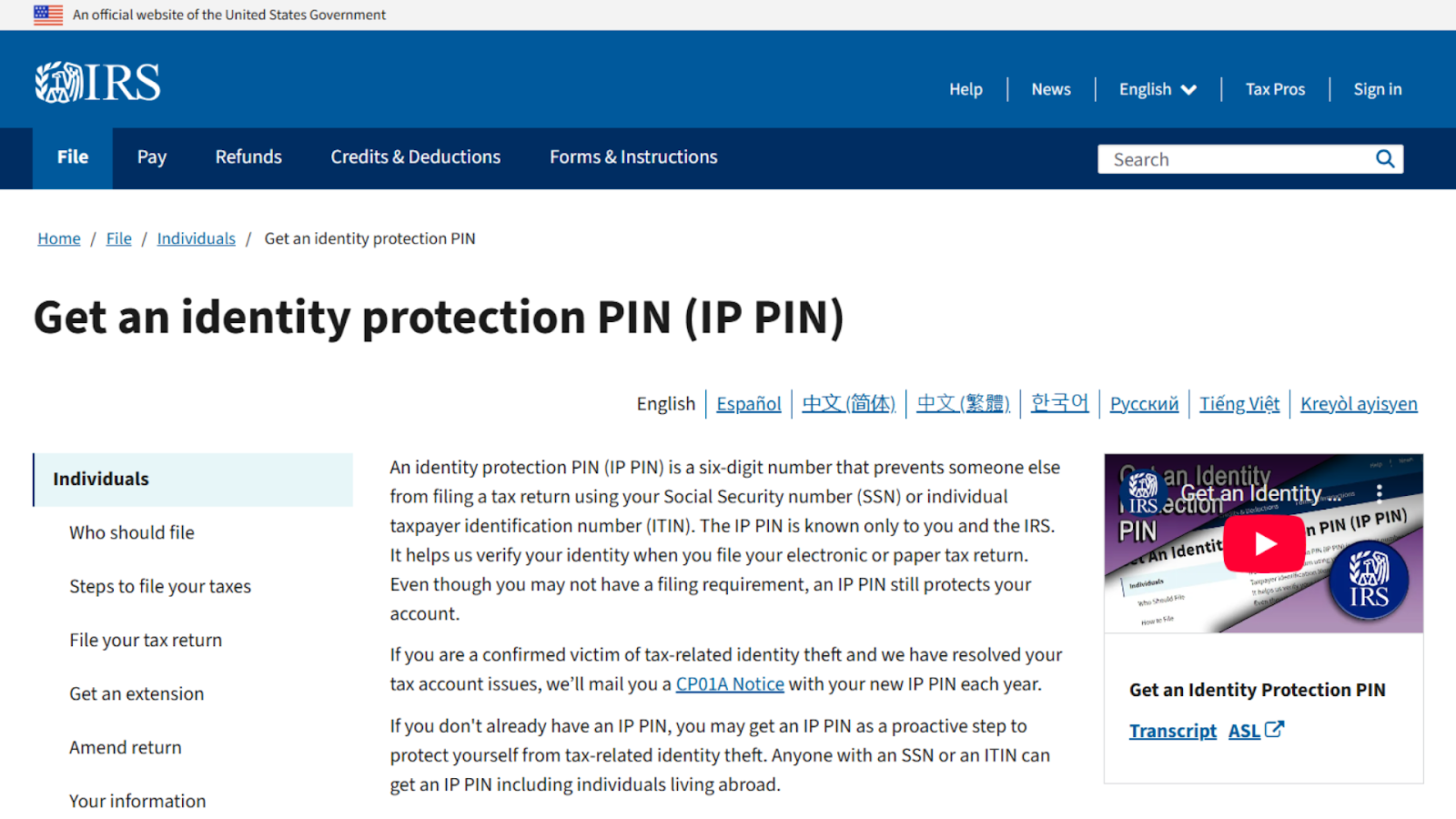
If the IRS alerts you with a CP01C or CP01E notice, follow their instructions to file Form 14039 (Identity Theft Affidavit). Then, secure your future filings by getting an IP PIN (Identity Protection PIN):
The IP PIN adds a six-digit layer of protection to your return.
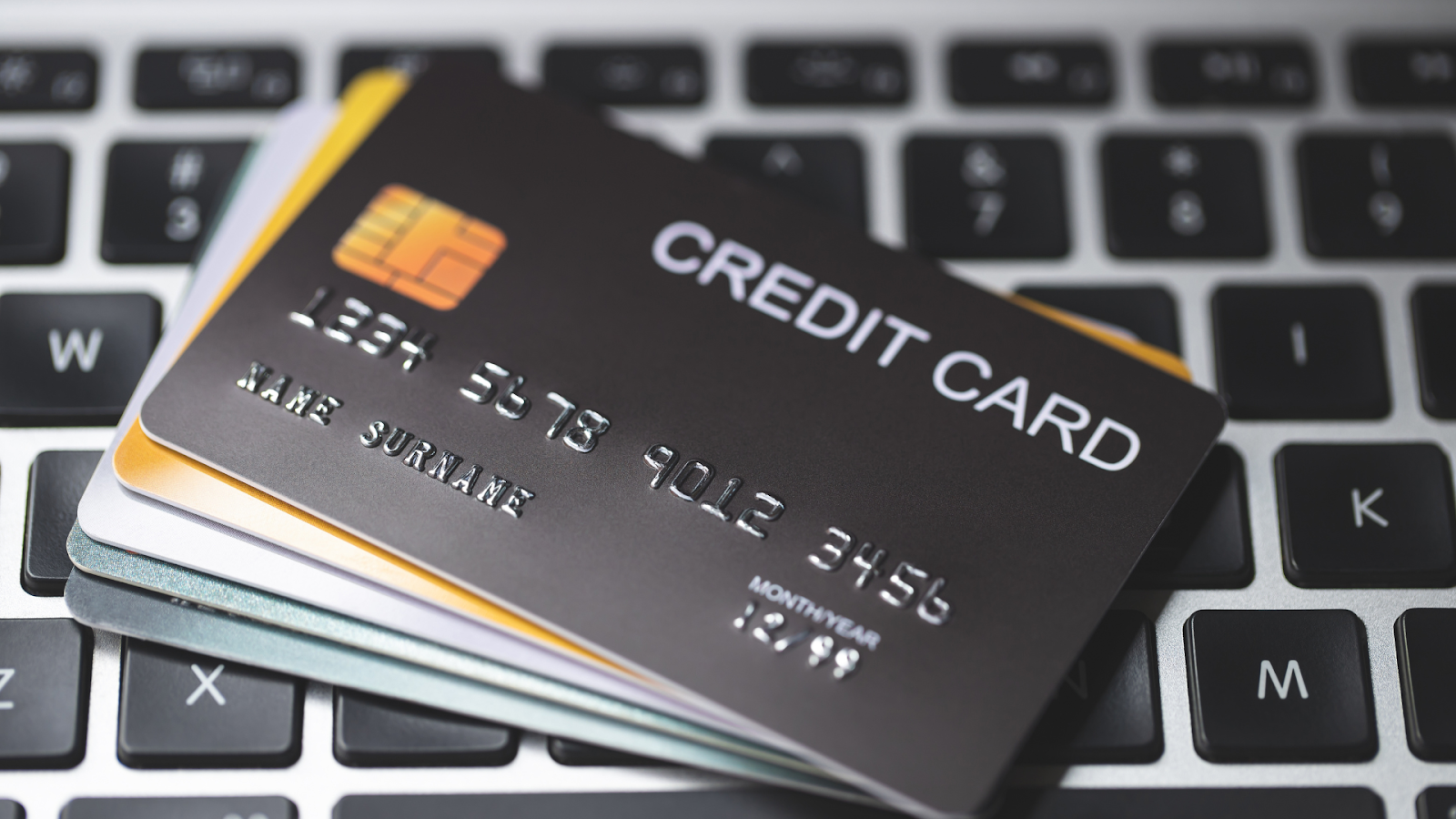
Freezing your credit halts new accounts using your identity. It’s free and usable for you anytime:
You’ll need to set a freeze with each bureau separately. If you want easier but less formal protection, a fraud alert flags your file and requires extra ID checks by lenders, but doesn’t block access.

Immediately call your bank, credit card issuers, employer, and any other organization tied to your identity. Close suspect accounts, request replacements, and make a note of who you spoke with and when.
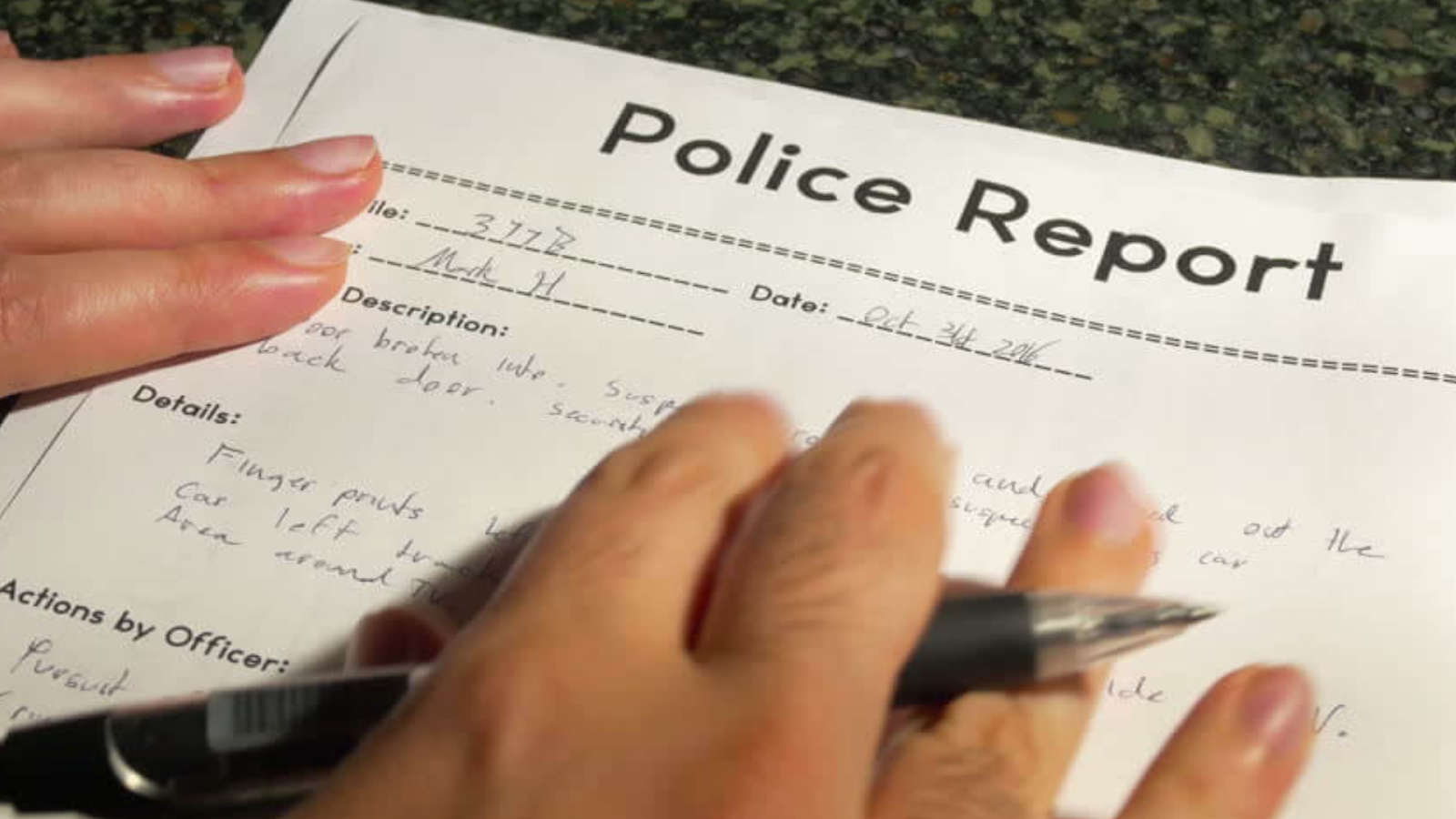
If someone used your SSN for loans, account creation, or fraud, file a local police report. Many lenders or agencies will ask for it. Keep a copy; it can also bolster your case in dispute letters.
Taking these actions right away helps you cut risks fast and rebuild confidence. Afterward, you’ll be ready to add even stronger safeguards to stay secure.
Once you've taken immediate steps, these advanced strategies add deeper layers of defense to your SSN:
If you believe your SSN has been exposed, calling the Social Security Administration’s toll-free line (1‑800‑772‑1213) allows you to block electronic access to your record. This means no one, online or by phone, can access or change your SSN info until you ask to remove the block.
E‑Verify’s Self‑Lock allows you to prevent employers from verifying your SSN in employment eligibility checks. It lasts for a year and can be renewed. If you’re applying for a job at an E‑Verify company, unlock it beforehand. You’ll manage this through a free myE-Verify account.
Children can be victims too. For minors under 16 with no credit history, request a credit freeze at each bureau. This prevents accounts from being created in their name.
If your child is 14 or older, you can check if they have a credit file, add a fraud alert, or freeze it via Experian, Equifax, or TransUnion.
With these in place, you're ready to explore how to choose ongoing identity protection support.
For ongoing peace of mind, consider an identity protection service or working with a trusted debt support team like Shepherd Outsourcing:
It’s easy to feel overwhelmed when your most sensitive information, your Social Security Number, is constantly at risk. A single misuse can lead to months of stress, lost money, and damaged credit.
But you’re not powerless. With the right habits, timely action, and a few extra safeguards, you can protect your identity and take control of your financial future.
That’s where Shepherd Outsourcing Services comes in. From helping you respond to identity-based debt issues to negotiating with creditors and offering personalized financial guidance, Shepherd gives you the structure and support you need to move forward with confidence. Get in touch with our team to move closer towards breaking free from financial burdens.
A: A credit freeze blocks all new credit accounts unless you lift it; it's the strongest prevention. A fraud alert doesn't stop access, but it requires lenders to verify your identity before approving credit. Both options are free.
A: Use free services like Have I Been Pwned or check with your bank or insurer—they often notify you and may include monitoring after a breach .
A: Yes. Call SSA at 1‑800‑772‑1213 to place a block, which stops online and phone access to your SSN until you remove it .
A: If you’re worried about restoring your identity after theft, insurance (covering legal fees, lost income, etc.) and 24/7 restoration support can be very helpful. Some premium plans provide up to $1 million in coverage.
A: You can get free credit reports weekly from all three bureaus via AnnualCreditReport.com. Checking monthly or every few months helps you spot issues early.